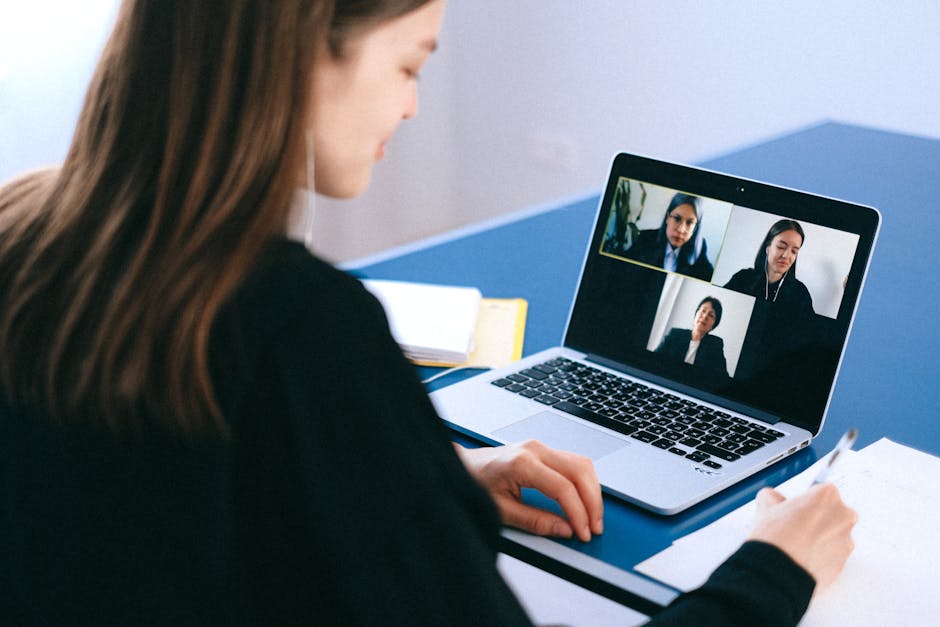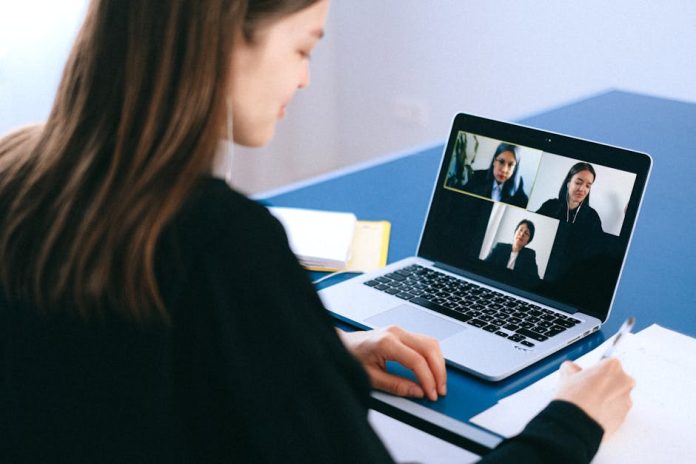
The convenience of our always-connected lives comes with a hidden vulnerability: your webcam and phone camera can be hacked. While the idea of someone peering through your lens might sound like something out of a spy movie, it’s a very real and growing threat in our digital age.
How Do Hackers Gain Access?
It’s not as complicated as you might think. Cybercriminals employ several methods:
- Malware and Spyware: This is a common culprit. Malicious software, disguised as legitimate downloads or attachments, can install itself on your devices, granting hackers remote access to your camera and microphone.
- Phishing Scams: Deceptive emails or messages tricking you into clicking malicious links or revealing personal information can lead to device compromise.
- Weak Passwords: If you reuse passwords or have easily guessable ones, attackers can brute-force their way into your accounts, potentially accessing your connected devices.
- Unsecured Wi-Fi: Public or poorly secured Wi-Fi networks can be a playground for hackers to intercept data and gain access to your devices.
- Outdated Software: Failing to update your operating system, apps, and browser leaves your devices vulnerable to exploits that have already been patched in newer versions.
What Are the Risks?
The consequences of a hacked camera can be far-reaching and deeply invasive:
- Privacy Invasion: The most obvious risk is someone watching your every move in your home or office, capturing personal and intimate moments without your consent.
- Blackmail and Extortion: Compromised footage can be used for blackmail, demanding money or other favors to prevent its release.
- Identity Theft: Hackers might capture sensitive information through your camera, such as passwords being typed or personal documents visible.
- Corporate Espionage: For businesses, compromised cameras can lead to the theft of trade secrets and confidential information.
Protecting Yourself: Essential Steps
Don’t live in fear! You can significantly reduce your risk with these proactive measures:
- Use a Webcam Cover: The simplest solution is often the most effective. A physical cover ensures that even if your camera is activated, nothing is visible.
- Strong, Unique Passwords: Never reuse passwords. Use a password manager to generate and store complex, unique passwords for all your accounts.
- Enable Two-Factor Authentication (2FA): This adds an extra layer of security, requiring more than just your password to log in.
- Keep Software Updated: Regularly update your operating system, apps, and antivirus software to patch vulnerabilities.
- Be Wary of Suspicious Links and Downloads: Think before you click. If a link or download looks suspicious, err on the side of caution.
- Secure Your Wi-Fi: Use a strong password for your home Wi-Fi and avoid connecting to unsecured public networks for sensitive activities.
- Review App Permissions: On your phone, regularly check which apps have access to your camera and microphone and revoke permissions for those you don’t trust or that don’t need them.
- Consider Antivirus and Anti-Malware Software: Install reputable security software and run regular scans.
Your digital privacy is paramount. By understanding the threats and taking these simple precautions, you can safeguard your devices and reclaim your peace of mind.

